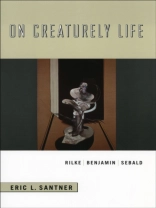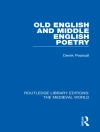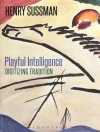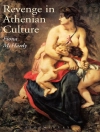In his Duino Elegies, Rainer Maria Rilke suggests that animals enjoy direct access to a realm of being-the open-concealed from humans by the workings of consciousness and self-consciousness. In his own reading of Rilke, Martin Heidegger reclaims the open as the proper domain of human existence but suggests that human life remains haunted by vestiges of an animal-like relation to its surroundings. Walter Benjamin, in turn, was to show that such vestiges-what Eric Santner calls the creaturely-have a biopolitical aspect: they are linked to the processes that inscribe life in the realm of power and authority. Santner traces this theme of creaturely life from its poetic and philosophical beginnings in the first half of the twentieth century to the writings of the enigmatic German novelist W. G. Sebald. Sebald s entire oeuvre, Santner argues, can be seen as an archive of creaturely life. For Sebald, the work on such an archive was inseparable from his understanding of what it means to engage ethically with another person s history and pain, an engagement that transforms us from indifferent individuals into neighbors. An indispensable book for students of Sebald, On Creaturely Life is also a significant contribution to critical theory.
Eric L. Santner
On Creaturely Life [EPUB ebook]
Rilke, Benjamin, Sebald
On Creaturely Life [EPUB ebook]
Rilke, Benjamin, Sebald
Acquista questo ebook e ricevine 1 in più GRATIS!
Lingua Inglese ● Formato EPUB ● ISBN 9780226735054 ● Casa editrice University of Chicago Press ● Pubblicato 2009 ● Scaricabile 3 volte ● Moneta EUR ● ID 5659652 ● Protezione dalla copia Adobe DRM
Richiede un lettore di ebook compatibile con DRM












